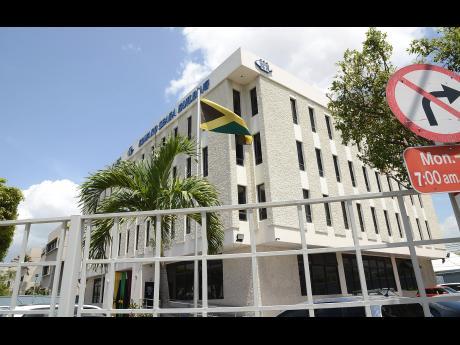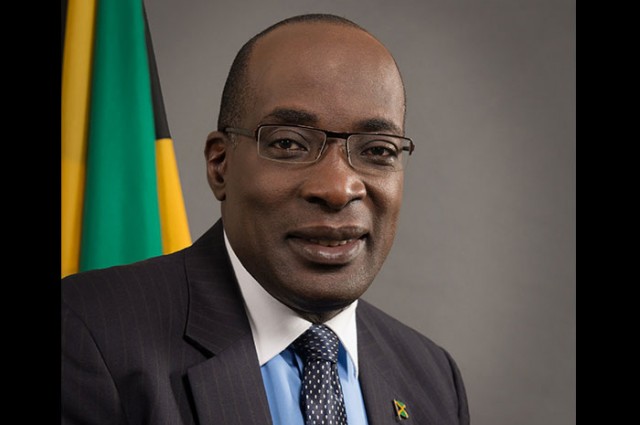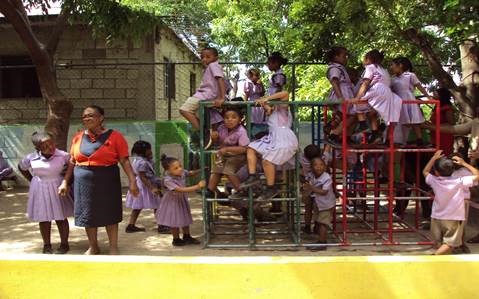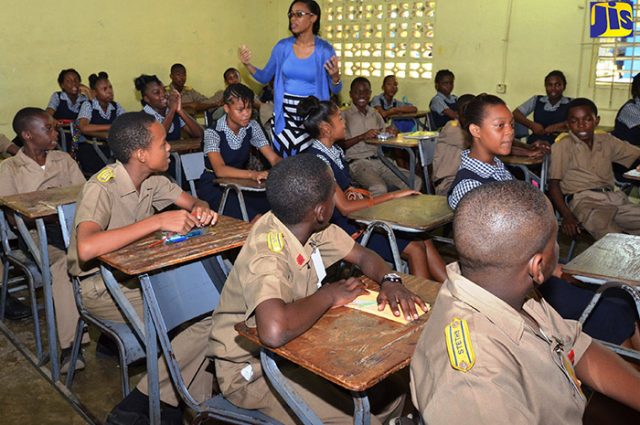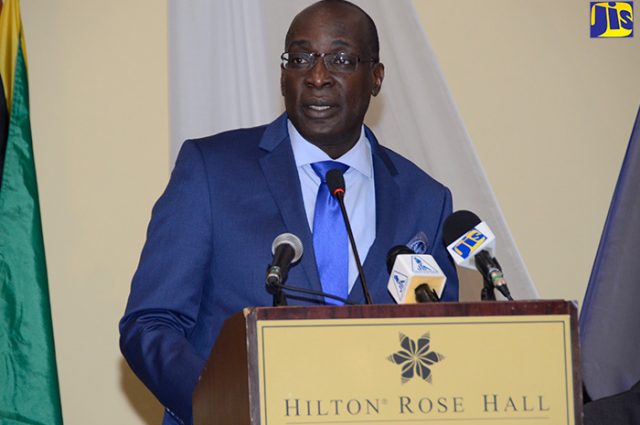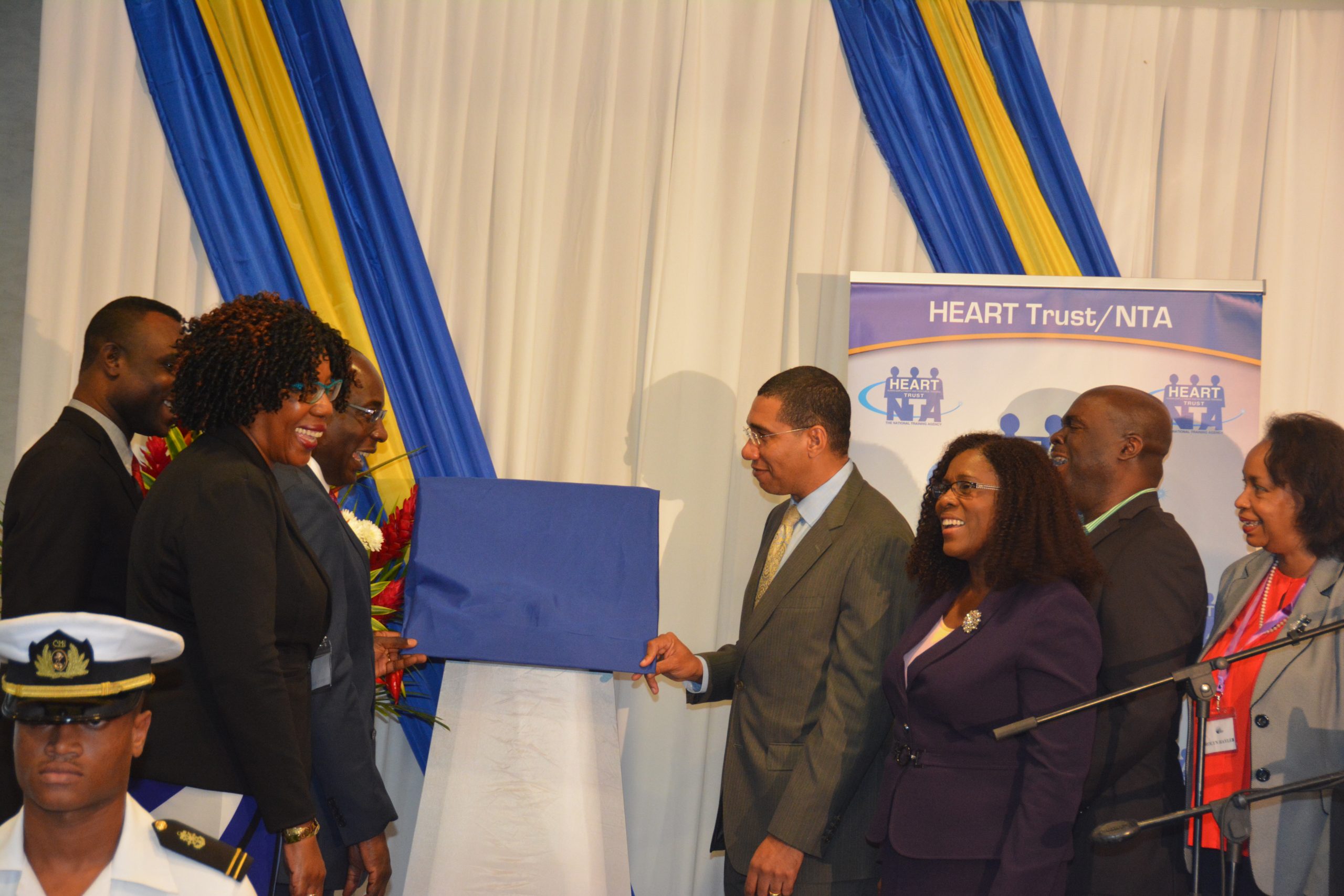JIS: In September 1998, a young Kerene Nelson, fresh from completing studies at the University of the West Indies (UWI) joined the academic staff of the St Elizabeth Technical High School (STETHS) in Santa Cruz as a teacher of Spanish.
Eighteen years later, she has copped one of the most coveted honours of her profession, that of the 2016/17 Lasco Teacher of the Year award.
She was recognised for her innovative lesson plans, professionalism, contribution to student and school development as well as community involvement.
Miss Nelson tells JIS News that she considers herself fortunate to be among the group of outstanding educators that have received the prestigious honour.
“Most of us serving in the system do not expect public recognition. The fact that I have received this (award) is extra motivation for me to continue doing what I have always done,” she notes.
Miss Nelson, who has spent her entire teaching life at STETHS, describes herself as a passionate educator, who strives to inspire her students to pursue excellence.
“I love to impact lives and I love to see students succeed,” she says.
The Spanish language teacher, who is well respected by her students, colleagues and the wider community, says she does not feel any additional pressure to perform, as she loves her job.
She says she is even more enthusiastic about teaching today than when she entered the classroom 18 years ago. She is encouraging persons who are thinking of becoming educators to be prepared to invest their all in the profession.
“If one aspires to be a teacher, one must be prepared to be the quintessence of commitment to duty and serve with diligence and integrity… to consistently go beyond the call of duty to ensure that our students, our clients are given the best opportunities to succeed,” she says.
Meanwhile, Miss Nelson tells JIS News that she has been in dialogue with Principal of STETHS, Keith Wellington, who is the 2016/17 Lasco Principal of the Year, to establish a computer laboratory at a primary school in the parish.
She says she strongly believes in the use of technology in enhancing the teaching and learning processes and is inspired by the words of noted American educational reformer John Dewey, which say: ‘If we teach today as we taught yesterday, we will rob our students of tomorrow.”
“We live in a digital age, and technology is the way to go right now… we are thinking that maybe some primary schools that do not have the technological facilities, that we will be able to do something to provide additional educational tools for them,” she says.
Miss Nelson says she also intends to establish a fund to assist needy students at the STETHS with a view to ensuring that they are able to maximise their academic potential. She also has dreams of establishing a Spanish language school.
Meanwhile, students and teachers at STETHS are full of praise and admiration for Miss Nelson.
Anna-Lee Levy, a seventh-grade student, tells JIS News that “Senorita Nelson” is a great motivator.
“When I got 99 on my (test) she gave me a token, and she makes me (feel) proud,” she says.
Brandon Jones, who is also a seventh-grader, describes Miss Nelson as “very jovial, and kind. There is this boy, who got zero in a test. She gave him another test and he got zero; and the third time, after she coached him, the boy got 90 per cent. Senorita Nelson, you are the best teacher in the world”.
Vice Principal of STETHS, Donna Legister Hendricks, also lauds Miss Nelson for her achievement.
“I am quite elated. Miss Nelson is an outstanding teacher, who goes beyond the call of duty to ensure that her students succeed. She is very creative in the classroom. The achievement has really lifted the morale of the staff,” she tells JIS News.
Since 1997, Lasco has been collaborating with the Ministry of Education to salute educators, recognising them for their outstanding performance and impact on education in Jamaica as well as for displaying exceptional contributions to the school community.
The 2016/17 Teacher and Principal of the Year received the champion trophies, $250,000 and an all-expense-paid trip to the Association for Supervision and Curriculum Development (ASCD) conference in Anaheim, California.
CAPTION: Spanish Teacher, Kerene Nelson (standing), instructs a grade-seven class at the St. Elizabeth Technical High School (STETHS). Miss Nelson is the 2016/17 Lasco Teacher of the Year.


